Alexis Peter Vedeniapine was born in 1916 in St Petersburg, Russia, the son of Peter Vedeniapine, an officer in the Russian Imperial Army.
After living in Vladivostok and Shanghai he was sent to Britain to be educated at Woodford School, Essex, and then Cirencester Agricultural College.
In 1939 he joined the Duke of Cornwall’s Light Infantry and had reached the rank of Corporal when he volunteered for airborne forces on the formation of the 1st Parachute Brigade in late 1941.
Corporal Vedeniapine was posted to A Company, 3rd Parachute Battalion. He qualified as a military parachutist on Course 1 for the 1st Para Brigade, which ran at the Parachute Training School, RAF Ringway, in November 1941.
Vedeniapine was later promoted to Sergeant in 3rd Para Bn's Intelligence section and served in North Africa, Sicily and Italy between 1942 and 1943.
He was awarded the Military Medal in 1943 for actions during Operation Torch in North Africa, in particular at Djebel Dahra and Djebel Azzag.
In September 1943 he was granted an immediate emergency commission to the rank of 2nd Lieutenant in The Parachute Regiment.
In 1944 he went to Arnhem during Operation Market Garden as Intelligence Officer in the 3rd Parachute Battalion. For his part in the battle, Lieutenant Vedeniapine was awarded the Dutch Bronze Lion:
'On 18th September 1944 at Arnhem, Battalion Headquarters of 3rd Battalion was split into two groups, one of which was completely surrounded by German Infantry. Command of this group was immediately assumed by Lieutenant Vedeniapine who rapidly organised the defence of some eight houses, four on either side of the street. For two hours the enemy, supported by machine guns and mortars, attacked incessantly but never succeeded in breaking in. During this time Lieutenant Vedeniapine repeatedly crossed and recrossed the street in spite of machine gun fire and went from house to house encouraging the defenders. He showed utter scorn for the fire of the enemy, and, by setting such a splendid example to those under his command, inspired them to stand their ground for two hours when the position seemed hopeless. He personally supervised the defence of every attack which was directed at the houses and often directed fire on the enemy as he stood in the open street. After dark he played a most energetic and enthusiastic part in the break out from the area which was completely successful. That this force remained effective as a fighting unit was entirely due to the inspiring and fearless example of Lieutenant Vedeniapine and to his splendid devotion to duty.'
On the following day, Lieutenant Vedeniapine took part in the final attack of the 3rd Battalion towards Arnhem Bridge. During the withdrawal after their failed attempt to support the 1st Battalion's advance, Vedeniapine was badly injured in the back and chest by splinters from the same mortar bomb that killed Lieutenant-Colonel Fitch. Nevertheless, Vedeniapine struggled on and managed to reach the battalion rendezvous.
He was treated at Saint Elizabeth Hospital before being transferred to POW Camp IXC Bad Sulza.
After the war Vedeniapine transferred to the Intelligence Corps and served in India and Hong Kong before resigning his commission on 25 August 1949, when he was granted the honorary rank of Captain.
Alexis Vedeniapine returned to Britain to farm and died in May 1991 in Somerset.
Compiled by Rebecca Blackburn with the kind assistance of Mark Hickman and the Pegasus Archive
Read More

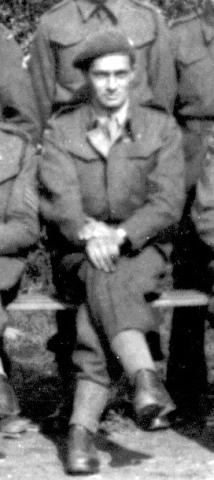
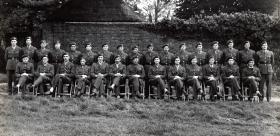
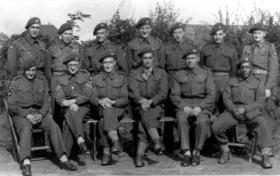
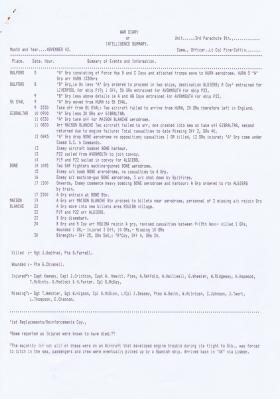
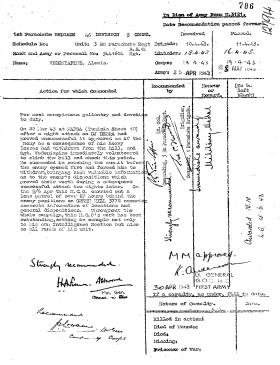
Latest Comments
There are currently no comments for this content.
Add Comment
In order to add comments you must be registered with ParaData.
If you are currently a ParaData member please login.
If you are not currently a ParaData member but wish to get involved please register.